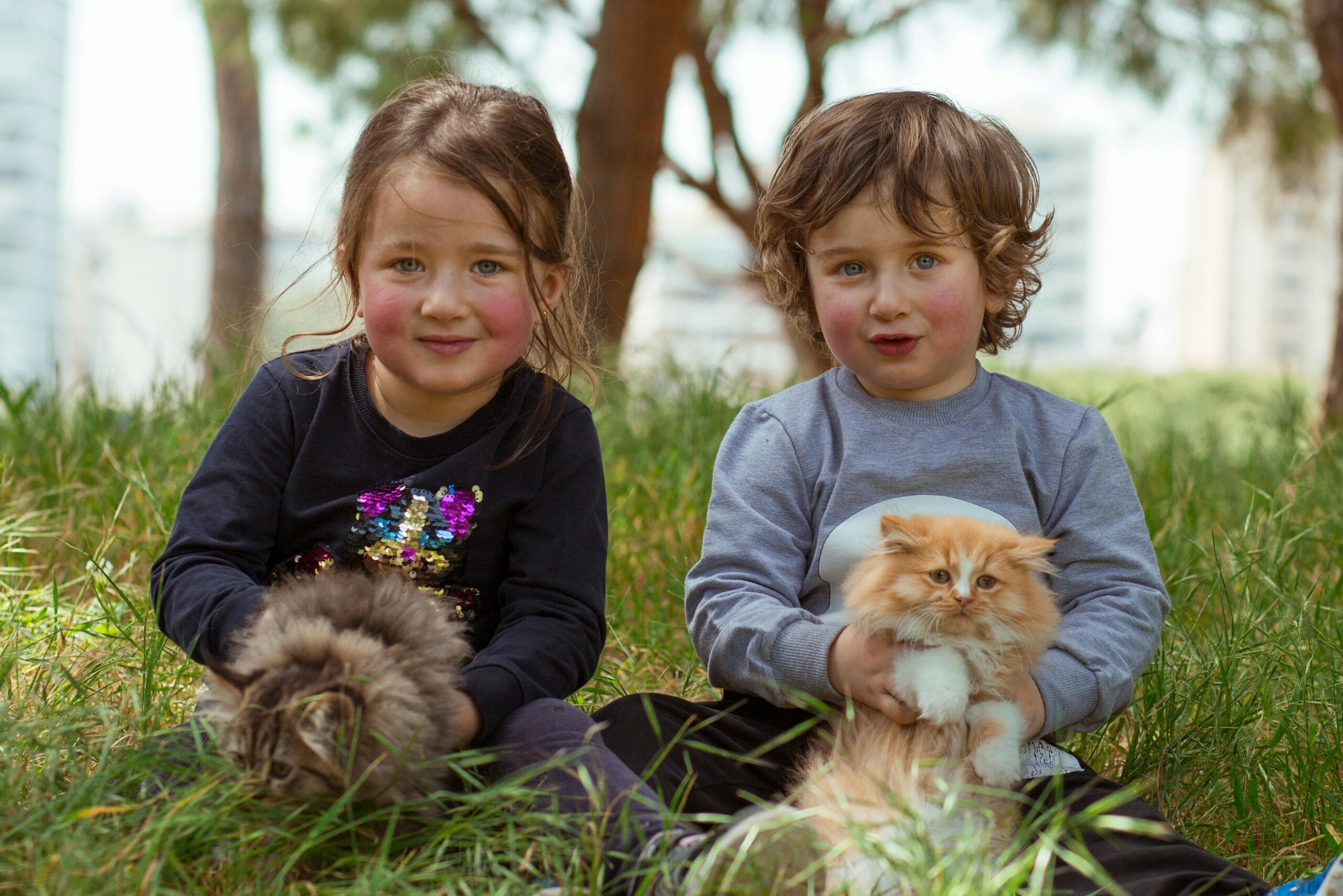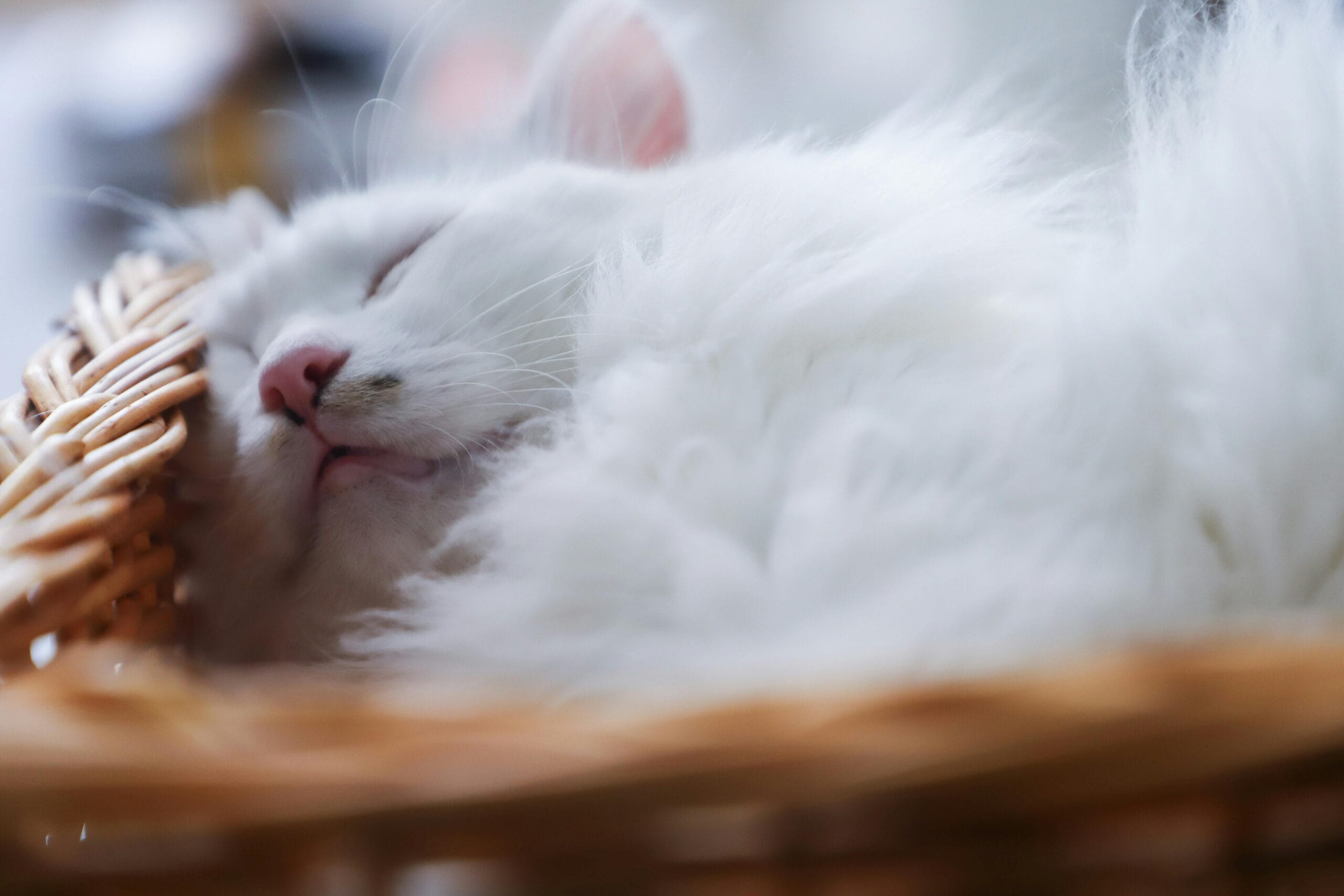Can Cats Have Broccoli? Is broccoli safe for cats? Find out if cats eating broccoli is okay in this informative article! Discover the truth about feline diets & broccoli. Learn now!
Can Cats Have Broccoli? A Comprehensive Guide
The question, “Can cats have broccoli?” is one that pops up frequently among cat owners. We all want to give our feline friends the best possible diet, and sometimes that means exploring new foods – but caution is key! While some human foods are perfectly safe for cats, others can be downright dangerous. So, let’s delve into the world of broccoli and cats to find out if this popular green vegetable is a friend or foe to your furry companion.
Is Broccoli Safe for Cats? Understanding the Nutritional Aspects
The short answer is: yes, cats can have broccoli, but with important caveats. Broccoli is a nutritional powerhouse for humans, packed with vitamins C and K, fiber, and antioxidants. However, cats are obligate carnivores, meaning their bodies are designed to thrive on a diet primarily consisting of meat. This doesn’t mean they can’t benefit from the occasional small amount of certain vegetables, and broccoli can offer some advantages in moderation.
The fiber in broccoli can aid in digestion, particularly if your cat is experiencing constipation. However, remember that too much fiber can cause digestive upset, so moderation is crucial. The vitamins and antioxidants are also beneficial in small quantities, supporting overall health. But remember, these benefits are minimal compared to what your cat receives from its primary meat-based diet.
Cats Eating Broccoli: How Much is Too Much?
While broccoli safe for cats in small amounts, feeding it regularly or in large quantities is not recommended. The fiber content, while beneficial in small doses, can lead to digestive issues like diarrhea, vomiting, and gas if ingested excessively. Moreover, the compounds that give broccoli its characteristic flavor and smell might cause gastrointestinal distress in some cats.
Think of broccoli as an occasional treat, rather than a staple food. A small, cooked floret (no more than a teaspoon or two) a few times a month is usually considered safe. Never feed your cat raw broccoli, as it can be harder to digest. Always cook it until tender before offering it to your cat. It’s important to introduce new foods gradually to monitor for any adverse reactions. If you notice any signs of digestive upset after your cat eats broccoli, stop giving it immediately.
Comparing Broccoli to Other Human Foods
Many human foods are toxic to cats. For example, grapes are extremely dangerous and can lead to kidney failure (learn more about the dangers of grapes for cats here). Similarly, cherries contain compounds that are harmful to cats (read more about cherries and cats here). On the other hand, some foods are generally safer, like cooked sardines (find out more about sardines for cats here), but again should only be given as occasional treats.
Leafy greens, while generally safe, need careful consideration. Lettuce, for example, can cause digestive upset if eaten in large amounts (check out our article about feeding lettuce to cats). And dairy products like almond milk should generally be avoided, as many cats are lactose intolerant (learn more about giving almond milk to cats here). The key is moderation and understanding your cat’s individual tolerance.
Potential Risks and Side Effects of Feeding Cats Broccoli
While the chances are low, some cats might experience mild digestive discomfort after eating broccoli. This could include gas, diarrhea, vomiting, or a general lack of appetite. More serious reactions are rare but possible. If your cat displays any of these symptoms after consuming broccoli, immediately discontinue giving it broccoli and consult with your veterinarian. They can assess your cat’s condition and offer advice on the best course of action.
Remember that even seemingly innocuous foods can have unpredictable effects on individual cats. Always introduce new foods gradually and in small amounts to monitor for any adverse reactions. This approach helps to identify potential sensitivities and prevent unnecessary health problems.
Alternatives to Broccoli for Cat Treats
If you’re looking for healthy and safe treats to give your cat, consider alternatives to broccoli. Many commercially available cat treats are designed to meet their nutritional needs. Additionally, small pieces of cooked, boneless chicken or fish can be a tasty and safe option (always remove bones and make sure the food is fully cooked). Always consult with your veterinarian before making any significant changes to your cat’s diet, particularly if they have any underlying health conditions.
Further Research and Veterinary Consultation
For more detailed information on cat nutrition and the safety of specific human foods, you can refer to resources like the American Society for the Prevention of Cruelty to Animals (ASPCA) website (learn more about toxic and non-toxic plants for pets here). Their website is a valuable resource for pet owners seeking information about potential hazards to pets.
Another excellent resource is the Veterinary Information Network (VIN) (access valuable veterinary information here). VIN provides access to expert veterinary opinions and medical information. Always consult your veterinarian before introducing any new food into your cat’s diet. They can provide personalized advice based on your cat’s specific health needs and any pre-existing conditions.
Conclusion: Moderation is Key When Considering “Can Cats Have Broccoli?”
In conclusion, while cats can have broccoli, it should only be given in very small quantities and as an occasional treat. The fiber content can aid digestion, but excessive consumption can lead to gastrointestinal issues. Always prioritize a diet primarily consisting of high-quality cat food that meets their nutritional requirements. Remember to always consult with your veterinarian if you have any concerns about your cat’s diet or if you notice any unusual symptoms after introducing new foods.
Your Experience with Cats and Broccoli
Have you ever tried giving your cat broccoli? Share your experiences and any tips you have in the comments below! Let’s build a community of cat lovers who can learn from each other’s experiences related to cats eating broccoli and other human foods. What worked, what didn’t? Let’s discuss the best ways to ensure our feline companions have a happy and healthy life!

- Q: Can cats have broccoli?
A: While not toxic, broccoli isn’t a staple food for cats. Small amounts of cooked broccoli are generally safe for cats, but it shouldn’t be a regular part of their diet. - Q: Is broccoli safe for cats to eat?
A: Broccoli is considered safe for cats in moderation. However, raw broccoli is harder to digest. Cooked broccoli is a better option if you choose to offer it. Always introduce new foods gradually. - Q: My cat ate broccoli, should I be worried?
A: A small amount of cooked broccoli is unlikely to cause harm. However, monitor your cat for any digestive upset like vomiting or diarrhea. Large quantities could cause digestive issues. - Q: Can cats eat raw broccoli?
A: While not poisonous, raw broccoli is difficult for cats to digest due to its fiber content. Cooked broccoli is a preferable choice if you decide to give your cat some. - Q: What are the benefits of cats eating broccoli?
A: Broccoli contains vitamins and fiber, but cats don’t require these nutrients from broccoli. Their dietary needs are best met with cat-specific food. - Q: How much broccoli can a cat eat?
A: Offer only tiny amounts of cooked broccoli as an occasional treat. Consider it a special snack, not a part of their regular meals. Too much can lead to digestive problems. - Q: Is steamed broccoli safe for cats?
A: Steamed broccoli is easier for cats to digest compared to raw broccoli. However, remember moderation is key; it shouldn’t replace their regular cat food. - Q: Are there any risks associated with cats eating broccoli?
A: Large quantities of broccoli can cause digestive upset such as gas, vomiting, or diarrhea. Always introduce new foods slowly. - Q: My cat loves broccoli, can I give it to them regularly?
A: No, broccoli should not be a regular part of a cat’s diet. Stick to a complete and balanced cat food to ensure your cat gets all the necessary nutrients. - Q: Is broccoli a good source of nutrients for cats?
A: While broccoli has some vitamins, it’s not a primary nutrient source for cats. Their nutritional needs are better met through a diet specifically formulated for feline health.

Can Cats Have Broccoli? A Guide for Cat Owners
Broccoli, a nutritional powerhouse for humans, sparks curiosity among cat owners: can felines also benefit from this green vegetable? The short answer is: yes, but with caveats. While broccoli isn’t toxic to cats, it shouldn’t form a significant part of their diet. Cats are obligate carnivores, meaning their bodies are designed to thrive on meat-based protein. Introducing broccoli, or any other vegetable, should be done sparingly and as a supplemental treat, not a meal replacement.
Broccoli contains fiber, which can aid in digestion in small amounts. However, excessive fiber can lead to digestive upset, including diarrhea or vomiting. It’s also important to prepare broccoli correctly. Raw broccoli can be difficult for cats to digest, and its tough texture can pose a choking hazard. Always cook broccoli until tender before offering it to your cat. Steaming or lightly boiling is recommended, avoiding added seasonings such as salt, butter, or garlic, which are harmful to cats.
Like broccoli, some other human foods are questionable for feline consumption. For example, you might wonder about the safety of other foods such as sardines or the suitability of dairy alternatives like almond milk. Remember to always research thoroughly before introducing new foods into your cat’s diet.
Moderation is key. A tiny piece of cooked broccoli as an occasional treat won’t harm your cat, but don’t make it a habit. Focusing on a high-quality cat food that meets their nutritional needs is paramount. If you’re unsure about any food, it’s always best to consult your veterinarian. They can provide personalized guidance based on your cat’s age, health, and any pre-existing conditions.
Just as you’d be cautious about giving your cat cherries or grapes due to their toxicity, be mindful of portion sizes with seemingly harmless vegetables like broccoli. Even vegetables considered safe for cats can cause problems when consumed in large quantities. Offering a small amount, observing your cat’s reaction, and consulting your vet when in doubt ensures your furry friend stays happy and healthy.
Finally, consider the nutritional balance. While broccoli offers some vitamins, it lacks the essential nutrients a cat needs from a meat-based diet. Think of it more like a rare, healthy “snack” than a staple food. You should also research other vegetables, such as lettuce, to understand their suitability in your cat’s diet.
Can Cats Have Broccoli, broccoli safe for cats, cats eating broccoli